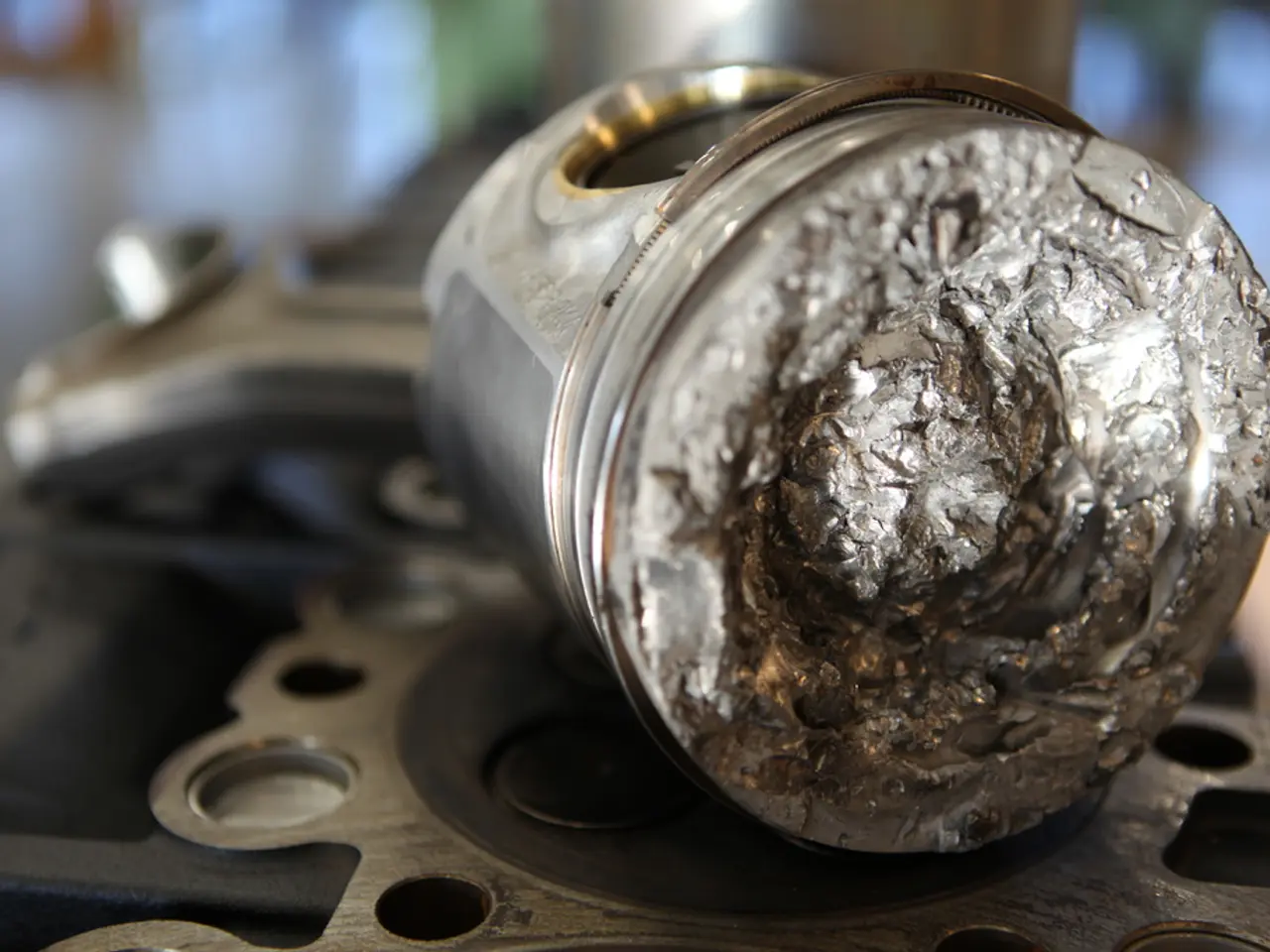Updated US Water Heating Regulations Predicted to Reduce Carbon Dioxide Emissions by 500 Million Tonnes
Ready to Save on Your Utility Bills? New US Water Heater Efficiency Standards Aim to Make That Possible
Are you tired of sky-high utility bills each month? Well, get ready to hold onto some extra cash, because the US Department of Energy (DOE) has proposed an update to residential water heater efficiency standards that could save Americans big.
On July 21, 2023, the DOE made a long-awaited move to modernize the efficiency standards for water heaters. If the changes are implemented, they could reduce greenhouse gas emissions by 501 million metric tonnes over the next 30 years and save nearly $200 billion for American homeowners and renters alike.
Water heating accounts for around 13% of annual energy usage in homes, and that percentage climbs even higher for renters and low-income households. By boosting the efficiency of electric and gas-fired water heaters, homeowners and renters could save a whopping $11.4 billion each year on their energy and water bills. Electric water heaters with common-sized tanks will need to utilize heat pump technology, while gas-fired instantaneous water heaters will have to adopt condensing technology to meet the new standards.
US Secretary of Energy, Jennifer M. Granholm, shared her enthusiasm, stating, "Today's actions will slice utility bills for American families and help protect the climate."
Homeowners could expect to save upwards of $2,000 over the lifespan of their new, energy-efficient appliances, which last about 10-15 years. Steven Nadel, executive director of the American Council for an Energy-Efficient Economy (ACEE), applauded the proposal as a "strong move that will spare millions of dollars in energy costs and address the urgent need for cleaner water heating systems."
Heat pumps have become increasingly popular due to their impressive efficiency, providing heated air and water twice or three times more efficiently than traditional electric solutions. However, heat pumps still aren't widely used in American homes. The Biden-Harris administration hopes to rectify this with incentives and tax rebates made available through the Inflation Reduction Act, making it easier for families to switch to a more efficient water heater when the time comes.
The revisions to the water heater standards must still be approved, and, even when implemented, won't take effect until 2027. As the nation aims for net-zero emissions by 2050, technologies like heat pump water heaters will need to be widely adopted—and at a faster pace than they currently are. The DOE proposal is just one part of the administration's plan to enhance energy efficiency across multiple product categories.
If you're curious about other ways to cut back on energy waste and lower your utility bills, be sure to check out our take on gas vs electric stoves. With these updates coming down the line, it's a great time to consider making energy-efficient changes in your home!
- The US Department of Energy's new water heater efficiency standards, aiming to save Americans on utility bills, could reduce carbon emissions by 501 million metric tonnes over 30 years, contributing significantly to climate change mitigation.
- In environmental-science terms, these standards are a vital step towards addressing the urgent need for cleaner energy solutions and water heating systems, following the principles of renewable-energy and sustainability.
- The finance industry could benefit from these updates, with homeowners potentially saving up to $2,000 over the lifetime of new, energy-efficient appliances, while also contributing to decreased reliance on fossil fuels in the industry.
- The new standards are a significant move towards reducing water heater greenhouse gas emissions, aligning with the Biden-Harris administration's goals of adopting heat pump water heaters at a faster pace to achieve net-zero emissions by 2050.
- As science advances and technology improves, heat pumps promise a more energy-efficient future, providing heated air and water twice or three times more efficiently than traditional electric solutions, playing a pivotal role in the advancement of energy-efficient homes.




